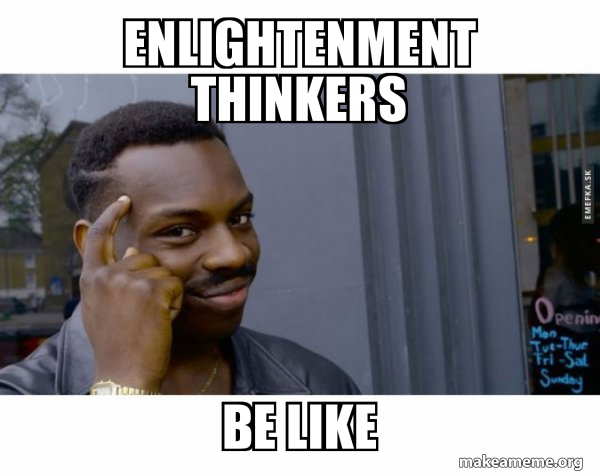Philosophy 322:
Further Reading

None of these is required or expected for the course. If you
want to further explore some issues, these are some useful
places to start.
A. Some Fun Books
Descartes'
Secret Notebook. Amir D. Aczel. Broadway Books, 2009. -
Includes lots of gossip!
Religion and the Enlightenment.
James M. Byrne. Westminster John Knox Press, 1997. - Nice overview
of religion in the Enlightenment!
The Swerve. Stephen
Greenblatt. W.W. Norton & Co., 2012. - Pulitzer Prize and
National Book Award Winner tells the story of the recovery of
Lucretius' philosophical poem On
The Nature of Things which fueled the Renaissance.
Heretics!: The Wondrous (and
Dangerous) Beginnings of Modern Philosophy. Steven Nadler
and Ben Nadler. Princeton University Press, 2017. - A graphic
novel about Enlightenment philosophy, written by a top philosopher
of the era!
Christianity, Book-Burning and
Censorship in Late Antiquity: Studies in Text Transmission.
Dirk Rohmann. Baylor University Press, 2017. - A history of the
destruction of Ancient Greek philosophy in Europe.
Aristotle's Children: How
Christians, Muslims, and Jews Rediscovered Ancient Wisdom and
Illuminated the Middle Ages. Richard Rubenstein.
Harcourt, 2003. - Tells the story of the recovery of the works of
Aristotle in Christian Europe.
Descartes' Bones: A Skeletal
History of the Conflict Between Faith and Reason. Russell
Shorto. Vintage, 2009. - Interesting book!
B. The Standard Editions
The standard editions of an author's works include everything they
ever published, and often anything else they may have written. It is
what serious scholars use when studying a major figure, and what you
tend to see in the bibliographies of their books and articles.
Typically, they are in the original language of the author, but
there are also standard editions of works in translation for many
authors. Some versions are available for free online - particularly
at the Internet Archive. The
standard biography of a person is the biography generally considered
to be the most detailed and reliable. Here are some standard
editions for the authors we are discussing:
George Berkeley -
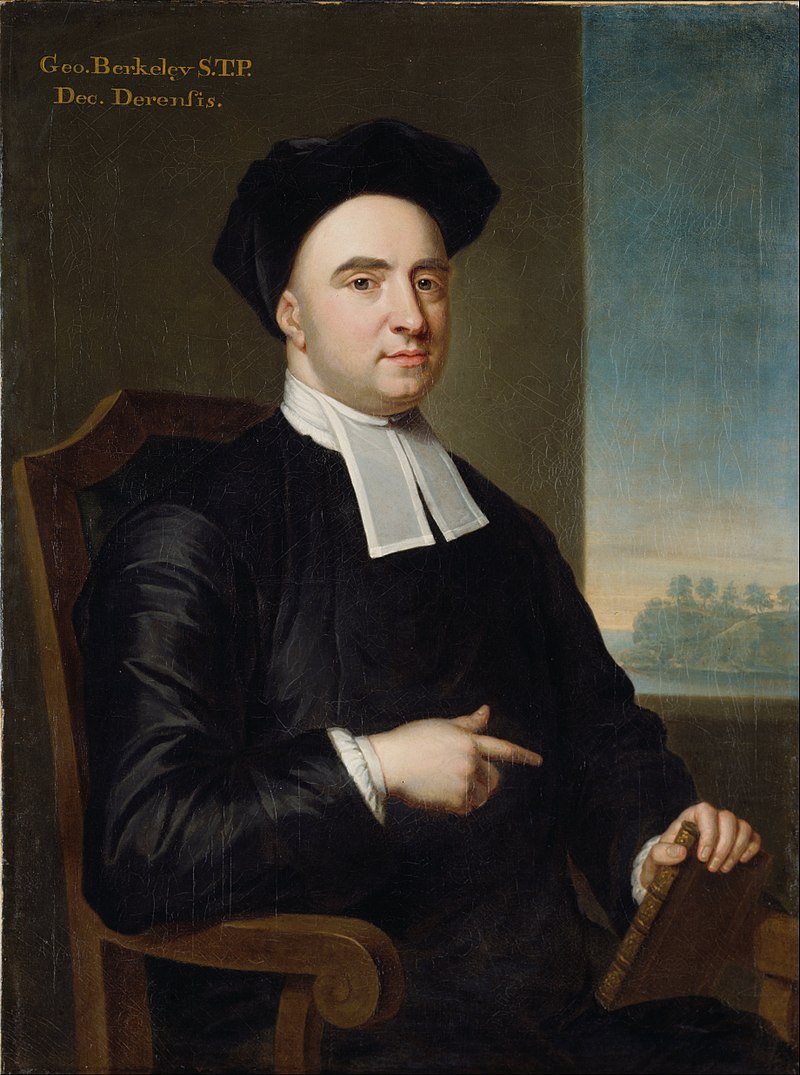
The
Works of George Berkeley, Bishop of Cloyne. Edited by A.
A. Luce and T. E. Jessop. 9 volumes. London: Thomas Nelson and
Sons, 1948-1957.
A standard biography is A. A. Luce, The Life of George
Berkeley (Thomas Nelson and Sons, 1949).
Rene Descartes -
Oeuvres
de Descartesin 11 vols. Adam, Charles, and Tannery, Paul,
eds. Paris: Librairie Philosophique Vrin. - this is the
standard edition in French. Other editions of better quality often
refer to this editions pagination, and refer to it as "AT". This
makes it convenient to find the passage being discussed in books
and articles about Descartes. This edition is
available
for free online!
The Philosophical Writings Of
Descartes in 3 vols. Cottingham J, Stoothoff R, Kenny A,
and Murdoch D, trans. Cambridge University Press, 1983. - this is
the current standard edition of Descartes translated into English.
The Philosophical Works of
Descartes in 2 vol.s. Haldane, Elizabeth and Ross, G. R.
T. Cambridge University Press, 1934. - this was the standard
edition of Descartes' works translated into English prior to
the Cottingham edition.
The standard biography is Stephen Gaukroger,
Descartes: An
Intellectual Biography (Oxford University Press, 1995).
A definitely NOT standard edition is
Descartes Meditations, Bro: A Retelling of Meditations
on First Philosophy, by Tommy Maranges. ?, 2015. - the
Meditations with a striking
amount of cussing and contemporary slang added.
Princess Elisabeth of Bohemia -
Her letters in French are reprinted
in Descartes' works by Adam and Tannery.
The Correspondence between
Princess Elisabeth of Bohemia and Rene Descartes,
Shapiro, Lisa, ed. University of Chicago Press, 2007. - This is
the only complete English edition in print.
David Hume -
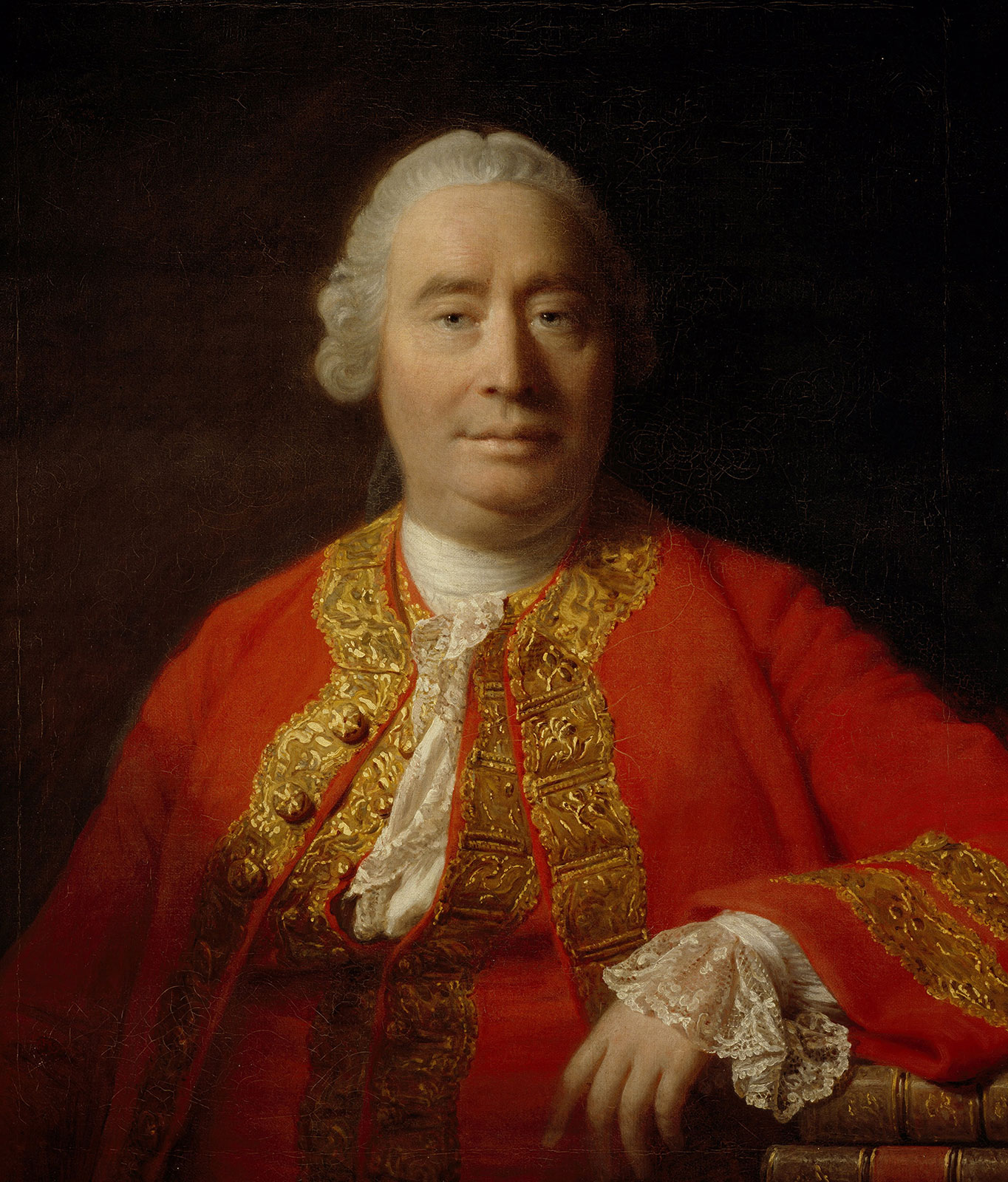
Clarendon Hume Edition Series.
Norton, David Fate, Beauchamp, T. L., et al, ed.s. Oxford
University Press, 1999 - . - These are still in the process of
being published.
Prior to the Clarendon series, the standard editions of Hume's Treatise and Enquiries were those edited
by L. A. Selby-Bigge (and updated by P. H. Nidditch) for Oxford
University Press, first published in the late 19th century.
The standard editions of Hume's letters are: The Letters of David Hume in
2 vol.s. Greig, J. Y. T., ed. Oxford University Press, 1932; and New Letters of David Hume,
Kilbansky, Raymond and Mossner, Ernest Campbell, ed.s. Oxford
University Press, 1954.
The standard biography of Hume is The Life of David Hume by Ernest Campbell
Mossner, now in a second edition (Oxford University Press, 2001).
Not the most exciting read, but Hume lived an interesting life.
Immanuel Kant -
The first complete edition of the works of Immanuel Kant
translated into English will be
The Cambridge Edition of the Works of
Immanuel Kant, published by Cambridge University Press.
It began publication in 1992, and is still in the process of being
created.
The standard biography is Manfred Kuehn,
Kant: A Biography,
(Cambridge University Press, 2002).
The standard German edition of Kant's works is called the Academy
edition of
Kant's Collected
Writings in 29 volumes, begun by Wilhelm Dilthey in 1894.
It is currently published by Walter de Gruyter, and the first 23
volumes are
available
online for free.
Gottfried Wilhelm Leibniz -
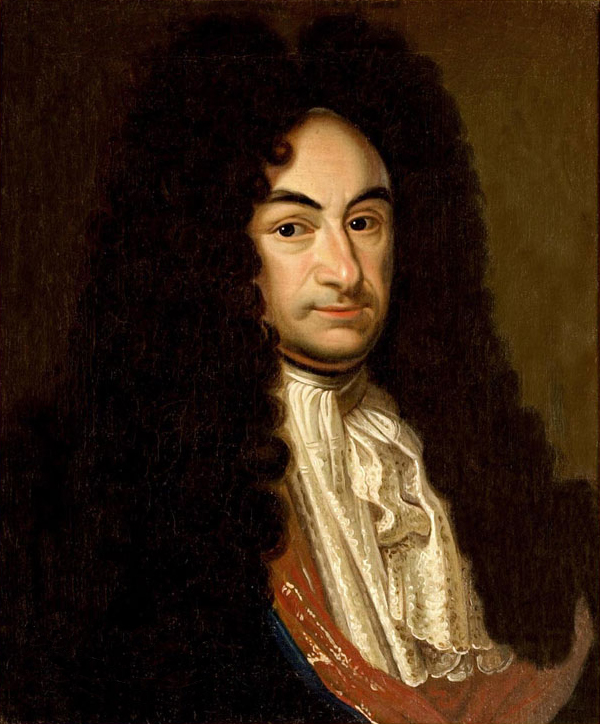
There is no complete version of
Leibniz' works translated into English. The most complete
selection was edited by Larry Loemker, Philosophical Papers and Letters in 2 volumes.
(University of Chicago Press, 1956). Though not making any attempt
to provide a complete edition, the Yale Leibniz Series, from Yale
University Press, includes some very high quality editions of
selections of Leibniz's philosophical works in English translation
with the original German included on facing pages. The standard
biography is Maria Rosa Antognazza, Leibniz: An Intellectual
Biography, (Cambridge University Press, 2011).
The standard edition in German is Gottfried Wilhelm Leibniz Sämtliche Schriften und
Briefe. The project began in 1923 and is still underway.
It is currently published by De Gruyter.
John Locke -
The standard edition of Locke's
works is the Clarendon Edition
of the Works of John Locke, which will eventually contain
37 volumes. The series began in 1975, and is still being produced
by Oxford University Press. The previous standard edition was The
Works of John Locke, 10 volumes, (Thomas Tegg, 1823).
A standard biography is Roger Woolhouse, Locke: A Biography,
(Cambridge University Press, 2008). The previous standard
biography (now dated due to discoveries of much previously unknown
material by Locke) was Maurice Cranston, John Locke: A
Biography, (MacMillan, 1957).
C. Women Philosophers of the Enlightenment Era
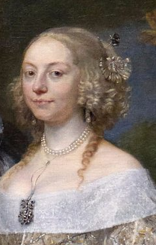
The contributions of many women philosophers of the era have long
been overlooked, but that is changing. More of their works, often in
the form of correspondence with the philosophers listed above, are
becoming more widely available, both in print and on the internet.
For the latter, see the links page for the course. Here are a few
highlights of anthologies of the former:
Women
Philosophers of the Early Modern Period. Margaret
Atherton. Hackett, 1994.
Women Philosophers of
Seventeenth-Century England: Selected Correspondence.
Jacqueline Broad. Oxford University Press, 2019. Includes
correspondence from Elizabeth of Bohemia, Margaret Cavendish, Anne
Conway, Mary Astell Damaris Masham, and Catharine Trotter
Cockburn.
Women Philosophers of
Eighteenth-Century England: Selected Correspondence.
Jacqueline Broad. Oxford University Press, 2020. Includes
correspondence from Mary Astell, Elizabeth Thomas, and Catharine
Trotter Cockburn.
An Unconventional History of
Western Philosophy: Conversations Between Men And Women
Philosophers. Karen J. Warren. Rowman & Littlefield,
2009. - large anthology including the works of women philosophers
with the often more well-known male philosophers they worked with.
"This is manifest in every Branch of Learning. Logick has put on a Countenance clearly
different from what it appeared in formerly: How unlike is its shape
in the Ars Cogitandi, Recherches de la
Verite, &c. from what it appears in Smigletius, and the Commentators on Aristotle? But to none do we owe for a
greater Advancement in this Part of Philosophy, than to the
incomparable Mr. Locke, Who, in
his Essay concerning Humane
Understanding, has rectified more received Mistakes,
and delivered more profound Truths, established on Experience and
Observation, for the Direction of Man's mind in the Prosecution of
Knowledge, (which I think may be pro∣perly term'd Logick) than are to be met with in all
the Volumes of the Antients. He has clearly overthrown all those
Metaphysical Whymsies, which infected mens Brains with a Spice of
Madness, whereby they feign'd a Knowledge
where they had none, by making a noise with Sounds, without clear
and distinct Significations." - William Molyneux, "To the
Illustrious [sic] The Royal Society," Dioptrica Nova,
1692. Molyneux's book was the first treatise in English on optics.
